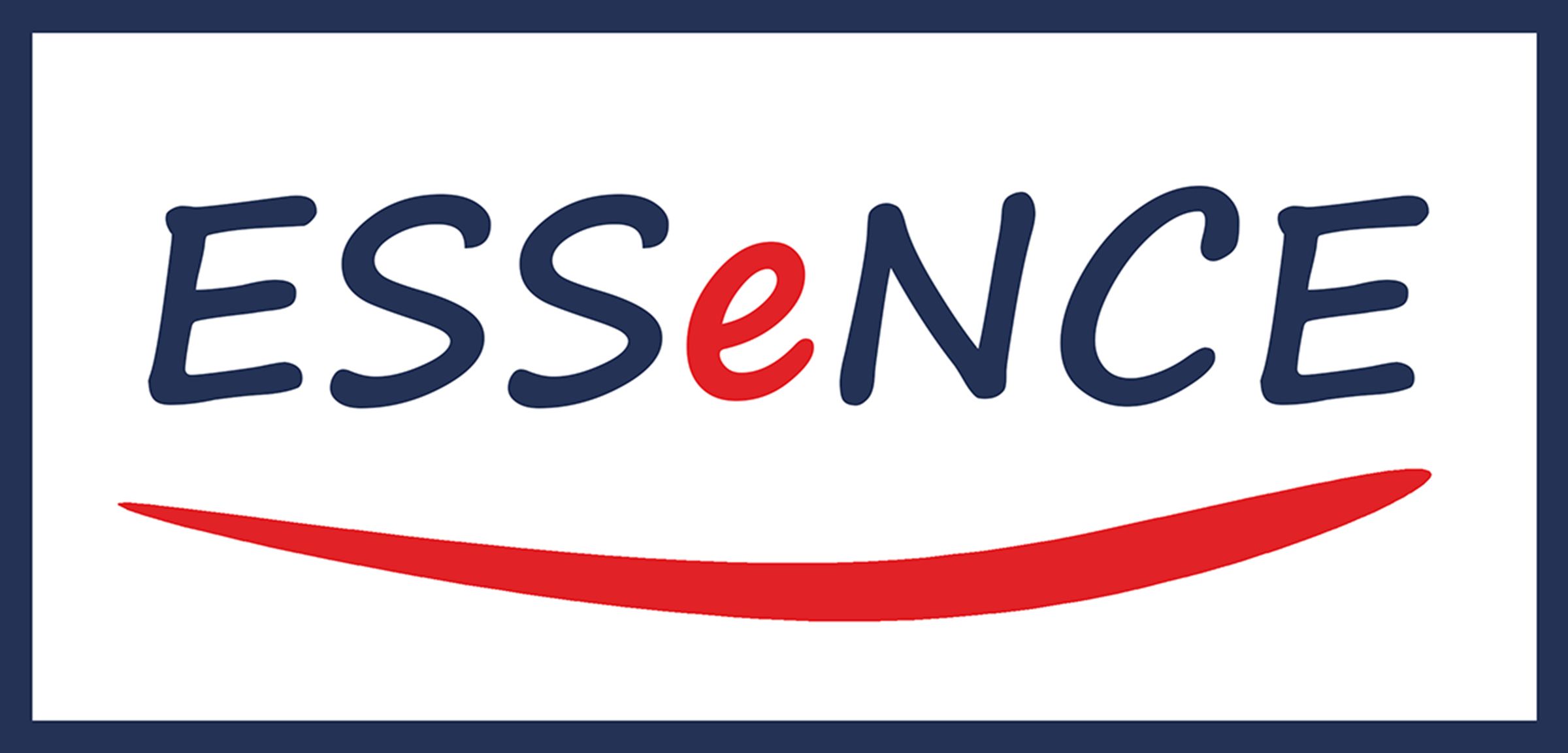New ESSENCE cross-country report on soft skills and employability released
A closer university-business collaboration needed to better suit soft skills development needs of young job applicants in Europe
In September 2021 ESSENCE consortium released publicly results of its mapping activities undertaken within Intellectual Output 2. The mapping was undertaken over spring and summer of 2021 covering almost 180 company representatives from 14 European countries. This activity undertaken by all consortium members aimed to unveil the palette of soft skills required by employers, the type of soft skills possessed by employees and the kind of training offered by employers to employees in order to boost their soft skills. Results obtained through in-depth interviews with company representatives across the Europe have revealed several stylised facts regarding the soft skills role in the employability.
The mapping yielded many examples of good practices in the area of soft skills development among businesses, education providers and also through informal trainings. However, these findings seem to contrast the information collected through in-depth interviews with company representatives. As these interviews revealed, the importance of soft skills is recognised and companies consider them relevant for own success but at the same time limited efforts are being invested in the development of such skills among the employees. Rather, it appears that the care about soft skills development is delegated to those in greatest need of them, the employees who are forced to search for ways of continuous upskilling.
It seems that in most companies the observing of person during the interview or at workplace still remains dominant method for assessment of whether the individual has appropriate soft skills. Across countries little evidence was found of special competence tests being carried out to establish the type and level of competences possessed by employees. More importantly, those responsible for the development of soft skills such as universities seem to opt for informal soft skills development through additional courses, trainings or workshops. This points to the mismatch between supply and demand of educational and training content which is not country-specific but rather systemic.
The added value of survey also lies in its identification of skills most sought by companies. As evidence revealed, skills such as complex problem solving, critical thinking, coordination or emotional intelligence increase the employability chances. However, at the same time most of prospective employees demonstrate the lack of these exact skills pointing to further misalignments.
What is most concerning from our survey is that the majority of surveyed companies do not provide their employees with formal soft skills training due to high workload and costs. In fact, most employees seem to be pointed to online sources in their efforts to improve own soft skills. This makes it clear that there is the need to develop trainings for young people looking to develop and improve their soft skills which is one of the objectives of the ESSENCE project. In next activities ESSENCE will prepare training and educational materials which aim to increase employability of young job seekers by boosting their soft skills. As results of these activities will be freely available they will help not only those in need of such trainings but also to all instructors in the area of soft skills thus creating widening effects far beyond the boundaries of ESSENCE consortium.
For more information on IO2 mapping results visit: http://projectessence.eu/mapping.php

